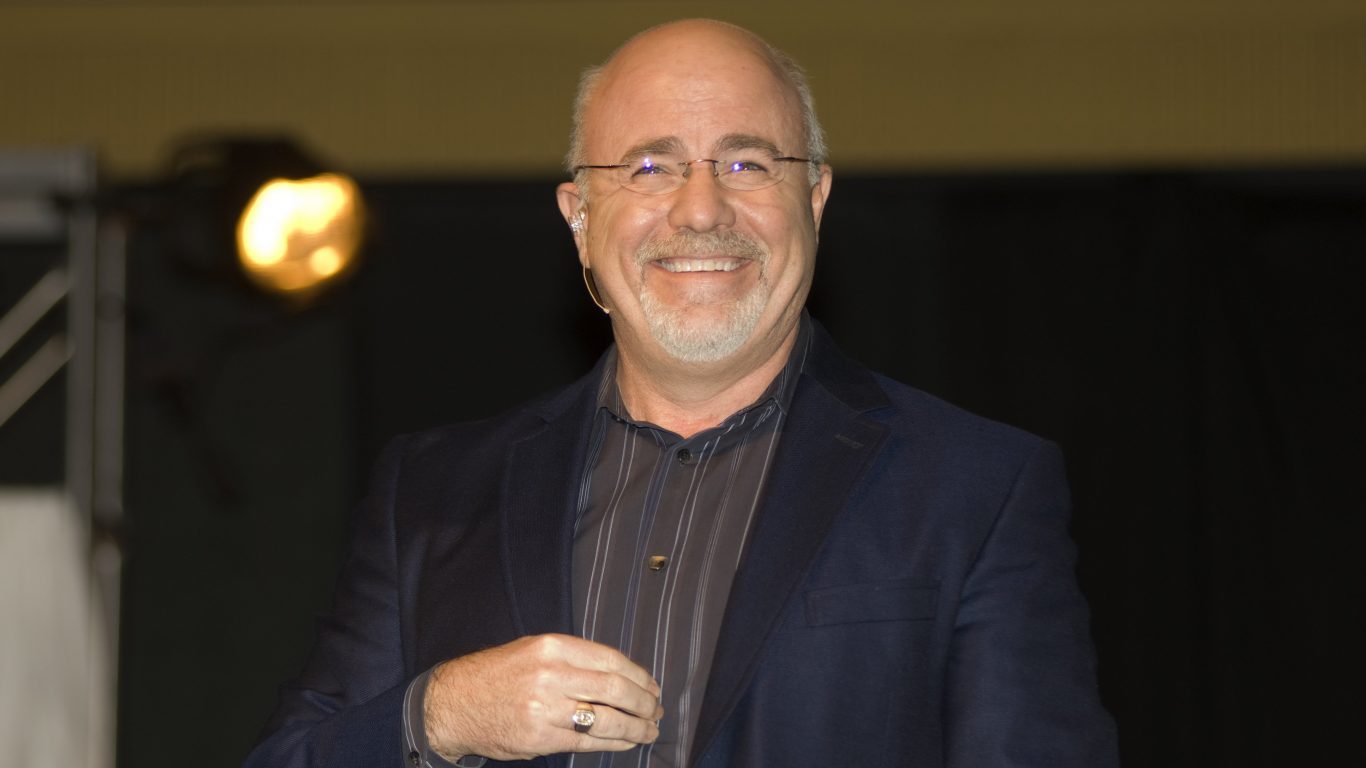
"But there's something about putting pen to paper that helps mentally solidify your intentions. And when it comes to growing financially, having a budget is critically important. That includes itemizing your assets, liabilities (e.g., expenses) and income. That income should include your present pay from working, but could also include potential future sources like Social Security benefirts, pensions, investments, and retirement accounts."
"As you near retirement, " begin with the end in mind," as noted by Stephen Covey, author of The 7 Habits of Highly Effective People. That includes an estimate of how much you'll need to spend every year on housing, health care, food, travel and other expenses like transportation and even pet expenses. Maybe you have plans to help your children, and even their children, with things such as college tuition. If so, write it down and work towards it."
"According to Ramsey, by focusing on the smaller balances first, you free up even more cash for the heavier debt loads. Once the smaller debts are repaid, you'll have new cash flow to make extra payments on higher-interest balances. Then, as noted by Ramsey Solutions, "Make minimum payments on all debts except the smallest - throwing as much money as you can at that one."
Establish a written financial plan that itemizes assets, liabilities, and all income sources, including potential future streams like Social Security, pensions, investments, and retirement accounts. Estimate retirement-year expenses for housing, health care, food, travel, transportation, pet care, and any legacy support such as education costs for children or grandchildren. Prioritize debt elimination by targeting the smallest balances first to free cash flow, then apply those payments toward larger, higher-interest debts while maintaining minimum payments on other obligations. Repeat the process until overall debt is reduced and savings potential increases.
Read at 24/7 Wall St.
Unable to calculate read time
Collection
[
|
...
]